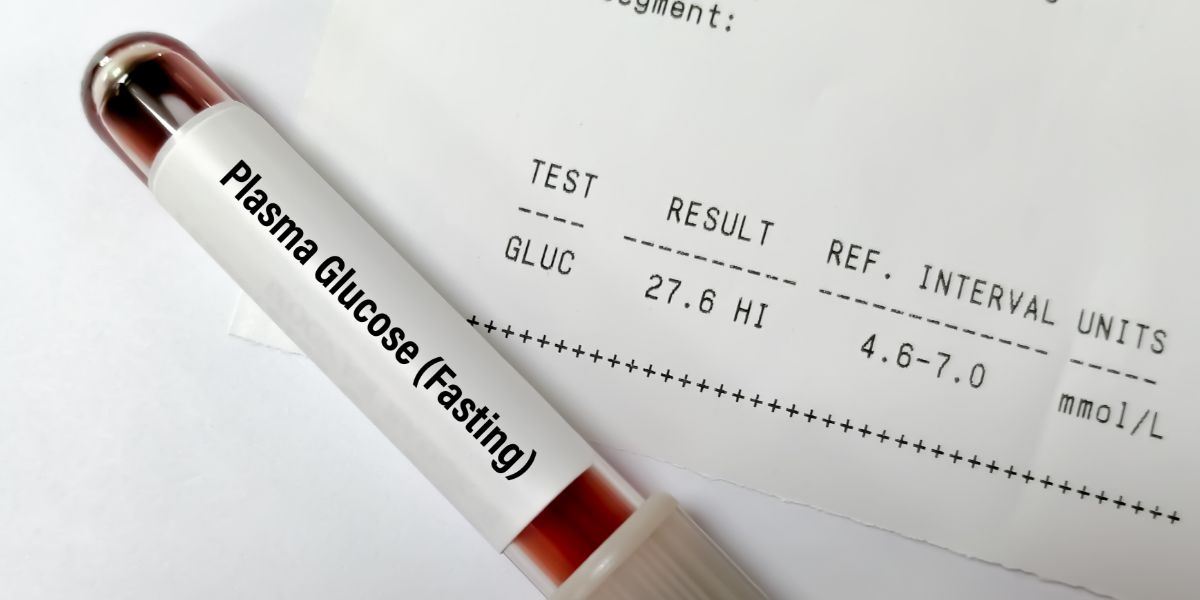We’ve all experienced some form of bullying in our lives. Diabetes can give bullies something to latch onto but you shouldn’t have to put up with this.
Bullying is taken seriously and can be stopped whether it takes place at school, at homen, at work or over media such as the internet.
What counts as bullying?
Bullying can take different forms.
It can be name calling or physical threatening, or could involve things that make your life difficult such as hiding or taking things from you or making you feel self conscious.
If you are being bullied because of your diabetes, it’s important not to accept this as normal.
You should not to have be fearful about managing your diabetes or be self-conscious because of how others make you feel.
Why does bullying happen?
There are multitudes of reasons why people may resort to bullying.
Some common reasons include:
- Feeling threatened or jealous
- To feel empowered
- To gain attention from friends
- Gaining validation from friends
- Lacking social skills
- Taking out aggression from being bullied themselves
- To divert other bullies’ attention to someone else
Why am I being bullied?
Bullies will often look to pick on those they see as an easy target. Bullies will often look to find something that makes someone stand out to use as a reason for bullying and diabetes can set us apart.
Bullying at school – what can I do?
If you are being bullied, tell someone you can trust that bullying is happening. Schools treat bullying very seriously so telling your teacher, either directly or through your parents, will help to get the bullying stopped.
If you find it difficult to tell someone, you may want to write it down instead. Don’t be tempted to put it off, the sooner it’s known about, the sooner the bullying can be stopped.
The chances are that if you’re watching this video, you’re looking for some advice or support when it comes to bulling and diabetes. The first thing to remember is that everyone has experienced some sort of bullying in their life.
Research studies have found that bullies tend to be those that hold a negative view of themselves and pick on others to feel better about themselves. Bullies will often look to pick on those they perceive as easier targets and look for things that mark people out as different from others as a reason to bully. This can leave people with diabetes more open to bullying than others.
Bullying isn’t limited to physical bullying, verbal bullying – calling you names or making nasty remarks – is also a form of bullying which needs to be stopped. Another form of bullying is bullying by mobile phones, email or on internet websites. Some bullies may try to be clever with bullying by making things up to get you into trouble.
Anti bullying charity, Bullying UK, advise telling someone about it as the first step. This could be a friend you tell, your parents or other family member, a teacher or the school nurse. If you find talking about it difficult, you may prefer to write it down.
Bullies find it easier to pick on people when they’re alone – so sticking with your friends can sometimes help. Do not use violence to get back at a bully, it could easily lead to further violence against you and could get in the way of actions to stop the bullying against you.
If you receive bullying by text, email or other internet messaging, keep the message and show an authority figure you can trust.
Sadly workplace bullying can sometimes occur. If bullying is occurring at work, speak a member of Human Resources or, if you work for a small company, you may need to speak to the manager. If you feel there is no-one in the company you can approach, contact your trade union or contact ACAS.
Whatever your experience of diabetes and bullying there are support networks in place. It’s important that you don’t suffer in silence, and that you talk to somebody about it, whether that me a friend, colleague or a support group.
Bullying at home – what can I do?
Depending on who is the bully, you may need to tell your parents or another family member such as an aunt, uncle or grandparent.
If you are being bullied by one of your parents and cannot tell them how you are feeling, you can speak to Childline, a free support service offered by the charity NSPCC, or Bullying UK, an anti-bullying charity.
- Childline: 0800 1111
- Bullying UK: 0808 800 2222
Bullying at work – what can I do?
Bullying at work may result from misconceptions of diabetes, leading to discrimination or could involve a form of bullying similar to that found at school.
If you feel you are being bullied at work, there are a number of people you can inform. Your manager or someone in HR should handle a report of bullying professionally.
If this is not possible, you can contact your trade union (if you are a member) or ACAS, the Advisory, Conciliation and Arbitration Service which promotes best practice in employment.
Cyber bullying – what can I do?
Cyber bullying is any form of bullying that takes place over mobile phones or the internet. Cyber bullying can take different forms, from looking to cause embarrassment through to physical threats and slander.
If you receive bullying on the internet or mobile phone, keep a copy of the message (wherever possible) so you can report it.
Depending on your position and what the messages said, this may need to be reported to your school, college, workplace or even the police.





